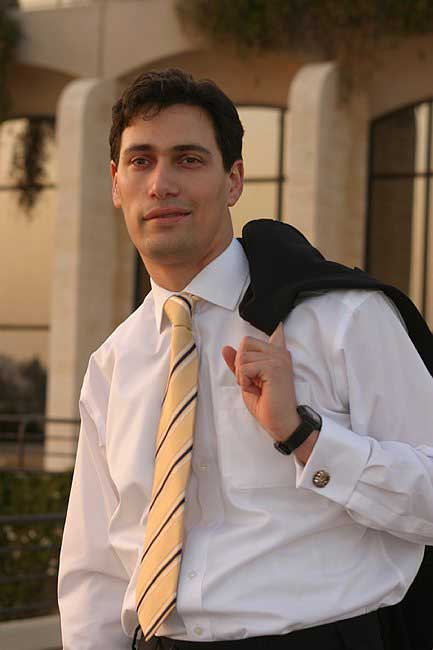Freedom of speech means having the right to offend people
If you want to contrast the gay marriage debate taking place in the US with that taking place in the UK, the recent incident regarding Lynette Burrows sums it all up. Whilst Americans are openly debating the merits of gay marriage with strong opinions on both sides, in the UK, debating the same issue can make you the subject of a police investigation.
And what exactly was it that got the police so interested in Lynette Burrows?
During a radio phone in programme, the family rights campaigner said she did not believe that homosexuals should be allowed to adopt. She added that placing boys with two homosexuals for adoption was as obvious a risk as placing a girl with two heterosexual men who offered themselves as parents. "It is a risk," she said. "You would not give a small girl to two men."
A member of the public complained to the police and an officer contacted Mrs Burrows the following day to say a "homophobic incident" had been reported against her.
Scotland Yard confirmed that Fulham police had investigated a complaint over the radio programme. A spokesman said it was policy for community safety units to investigate homophobic, racist and domestic incidents because these were "priority crimes".
It is standard practice for all parties to be spoken to, even if the incident is not strictly seen as a crime. "It is all about reassuring the community," said the spokesman. "We can confirm that a member of the public brought to our attention an incident which he believed to be homophobic. The police spokesman added that: "All parties have been spoken to by the police. No allegation of crime has been made. A report has been taken but is now closed."
And that's the point. The police themselves admit no crime took place but never the less, they regard their remit as going beyond what is "illegal" and extending to what they regard as "homephobic" and "racist" regardless of what the law says. In fact the only crime that took place was wasting police time. The complaint should have never been investigated in the first place.
Living in a free society means being willing to let people offend you once in a while. We should be able to openly discuss matters of public interest without fear or intimidation. The reason the religious hatred bill was defeated was that despite the Government's reassurance that prosecutions would be extremely rare, its opponents argued that fear of prosecution would be more successful in silencing debate than prosecution itself. For every writer, publisher and broadcaster willing to take the risk and discuss their beliefs, there would have been hundreds of others preferring to play safe and unwilling to risk the stigma of being "investigated".
The test of a free society is whether you are willing to stand up for the right of your opponents to express their views. And whilst Civil Libertarians make a big fuss of the Government's "threat to our ancient liberties" in their fight against terror, few of them seem particularly concerned about the watershed we have just passed.


<< Home